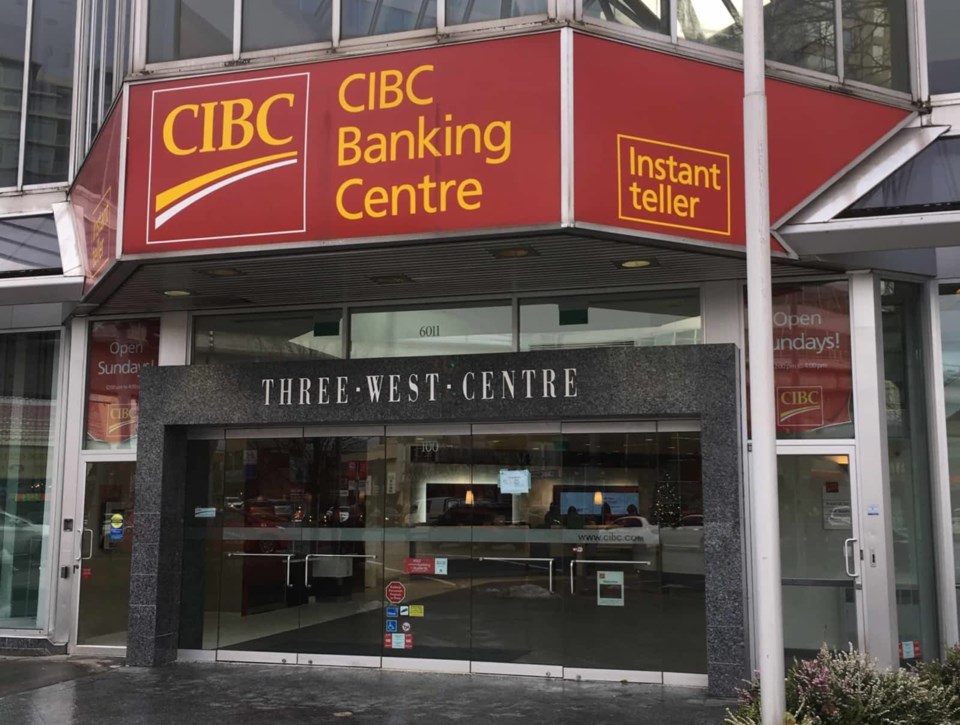The new B.C. budget increasing the foreign buyers tax from 15 to 20 per cent is not the only hit to offshore investors.
CIBC quietly notified its mortgage advisors that, as of Feb. 1, the “Foreign Income Program” would be replaced by a new program with much stricter foreign income verification procedures, in line with a new market-wide guidline.
In CIBC’s previous mortgage policy, a foreign buyer, including international students, can pay a deposit above 35 per cent and get a mortgage with “a competitive rate.”
However, the new requirements, according to real estate blog Better Dwelling, include a T1 General, with foreign income stated; T1135, with a foreign income verification statement; a Canadian credit bureau report and a foreign credit bureau report.
“I think it potentially leads to a more tightening mortgage market,” said Richmond-born realtor and real estate blogger, Steve Saretsky.
“It’s always important to be doing those checks...(especially) in a market where house prices are overvalued.”
Saretsky said the change will require the borrower to be stress-tested, ultimately reducing ones borrowing power.
It will also add to all the policy changes happening recently, which, together, could impact a potential slowdown of local housing prices, he added.
“There are a number of changes in the mortgage market recently, including the higher interest rate, higher foreign buyer tax, and stricter capital controls...potentially all working together to slow house prices," said Sarestsky.
He added the new policy will also make it harder for residents – who have income from other countries and are trying to buy a house here – to declare a poverty level income to reduce taxes.
“If there is no income verification, you can say you don’t make any money and here is a 35 per cent down payment," said Sarestsky.
"It’s hard for the government and the banks to go back and track if there is proper tax being paid.
“But now you are declaring on your mortgage application (making) $200,000 a year, that’s much easier for them to have a document record of how much you make. Hopefully, the proper amount of tax is being paid.”
Saretsky expects other major banks to follow suit.
Caroline Van Hasselt, CIBC spokesperson confirmed in an email to the Richmond News that the bank had recently updated its lending policies, including its Foreign Income Program.
“We continue to accept foreign income as part of a client’s mortgage application, subject to verification, and we will continue to meet the needs of clients in this market,” she added.
The new B20 guidelines came into effect in January 2018.


